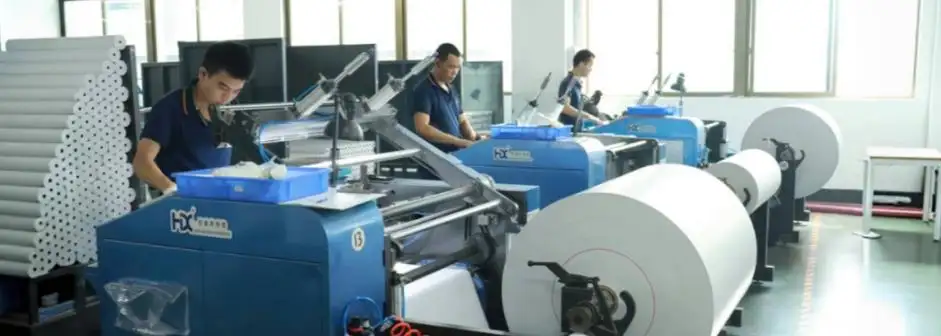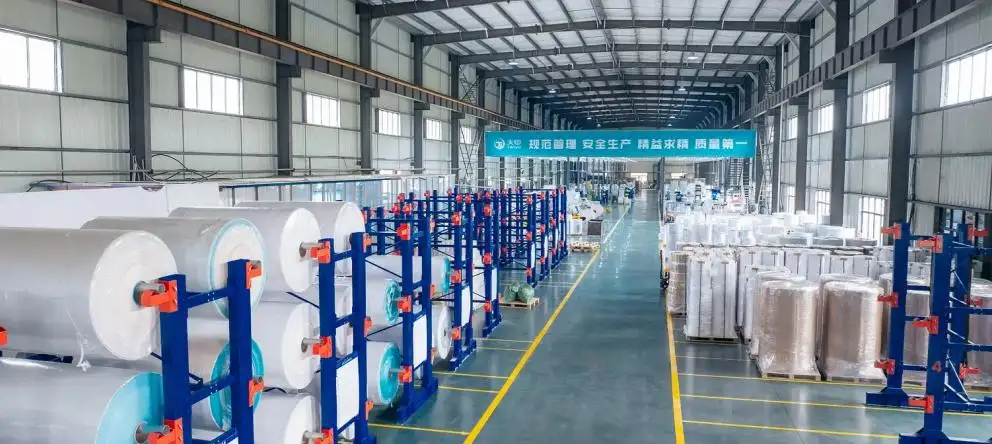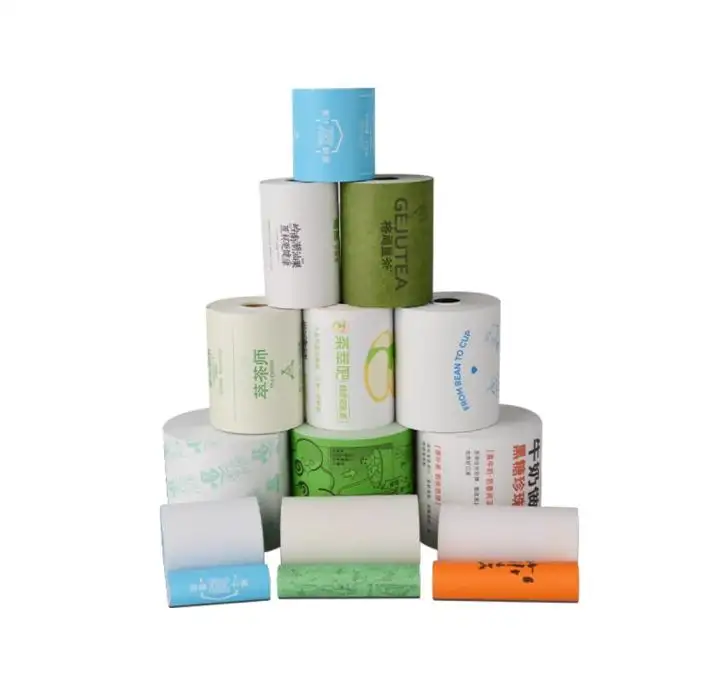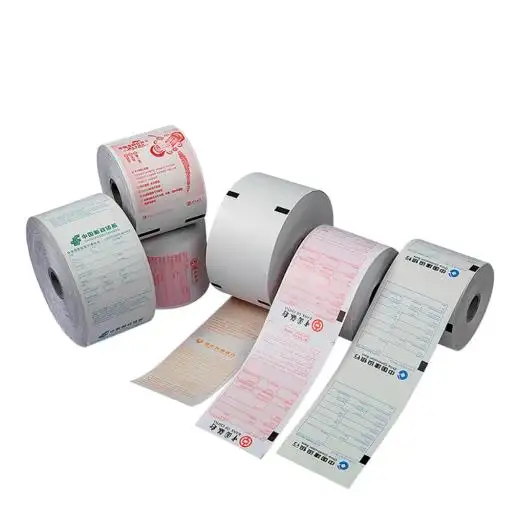Updated 4 months ago
The Environmental Shift: From BPA to Phenol-Free Thermal Paper


JINBAO
Jinbao Paper operates a modern factory with strict quality control and exports thermal paper rolls to over 20 countries across Europe, Asia, and the Americas. The company supports OEM customization, fast delivery, and competitive pricing for global clients.
Jinbao Paper specializes in the production of thermal paper, copy paper, label stock, and other paper-based consumables. With 34 years of manufacturing experience and international certification, the company is committed to providing sustainable, high-quality solutions for printing needs worldwide.

In today’s sustainability-driven world, industries across the globe are rethinking how everyday products are manufactured and used. One of the most significant changes in the paper and printing sector is the transition from BPA thermal paper to phenol-free thermal paper. Once widely accepted for its cost efficiency and print quality, BPA-coated paper has come under increasing scrutiny due to environmental and health concerns. The industry is now undergoing a critical transformation toward safer and eco-friendly alternatives.
Why BPA is Being Phased Out
Bisphenol A (BPA) has long been used in thermal paper as a color developer, allowing receipts, tickets, and labels to display sharp images when exposed to heat. However, numerous studies have linked BPA to potential health risks, particularly endocrine disruption. With growing evidence, regulatory bodies around the world have introduced strict restrictions on its use. The European Union banned BPA in thermal paper starting from 2020, and other countries are following suit. These global regulations are accelerating the demand for safer solutions in everyday printing applications.
The Emergence of Phenol-Free Thermal Paper
To replace BPA, many manufacturers initially turned to BPS (Bisphenol S), but research has shown that it may pose similar risks. This has led to the development of phenol-free thermal paper, which eliminates both BPA and BPS while maintaining high performance. Phenol-free paper is designed to provide the same durability, print clarity, and resistance to fading as traditional thermal paper—without the harmful chemicals. For businesses, adopting this alternative not only ensures regulatory compliance but also aligns with growing consumer awareness about health and environmental issues.
Meeting Global Compliance Standards
Compliance is now a major driver of change in the thermal paper industry. From Europe to North America and Asia, importers, retailers, and logistics providers are under increasing pressure to source environmentally responsible products. Phenol-free thermal paper allows businesses to avoid regulatory risks and maintain smooth international trade. Furthermore, eco-label certifications and third-party testing provide added assurance to end users and reinforce the credibility of suppliers offering safe and sustainable products.
Benefits Beyond Compliance
The shift away from BPA is not only about meeting regulations—it is also about long-term brand value. Companies that adopt phenol-free thermal paper demonstrate their commitment to sustainability and customer safety, which can strengthen trust and loyalty. In retail, logistics, and hospitality, where receipts and labels are handled by millions of customers daily, the use of safer paper reduces potential health exposure and enhances a brand’s reputation as socially responsible. Additionally, as more businesses adopt sustainable practices, those that lag behind risk losing competitive advantage in global markets.
Industry-Wide Implications
The transition from BPA to phenol-free paper is reshaping supply chains and market expectations. Manufacturers are investing in new production technologies to ensure stable quality and affordability of eco-friendly thermal paper. Distributors are expanding their product portfolios to include BPA-free and phenol-free options to meet customer demand. At the same time, end users—from supermarkets and restaurants to logistics companies—are making phenol-free paper their new standard. This widespread adoption signals a permanent industry shift rather than a temporary trend.
Looking Ahead
As sustainability continues to dominate business priorities, the move toward phenol-free thermal paper is expected to accelerate further. With ongoing innovation, we can expect even more advanced coatings and printing technologies that balance environmental responsibility with cost efficiency. For companies that depend on thermal printing—whether for receipts, labels, or tickets—making the transition now is a forward-looking decision that safeguards compliance, protects customers, and supports a greener future.
Conclusion
The environmental shift from BPA-based thermal paper to phenol-free alternatives marks a significant milestone in the printing and packaging industry. It reflects a broader commitment to health, safety, and sustainability while addressing the increasing demands of global compliance. Businesses that embrace this change are not only protecting their customers and employees but also positioning themselves as leaders in responsible innovation. The future of thermal paper is undoubtedly phenol-free, and the transition is already well underway.

Written by
JINBAO
Jinbao Paper operates a modern factory with strict quality control and exports thermal paper rolls to over 20 countries across Europe, Asia, and the Americas. The company supports OEM customization, fast delivery, and competitive pricing for global clients.
Jinbao Paper specializes in the production of thermal paper, copy paper, label stock, and other paper-based consumables. With 34 years of manufacturing experience and international certification, the company is committed to providing sustainable, high-quality solutions for printing needs worldwide.
We'll Get Back Within 24 Hours



